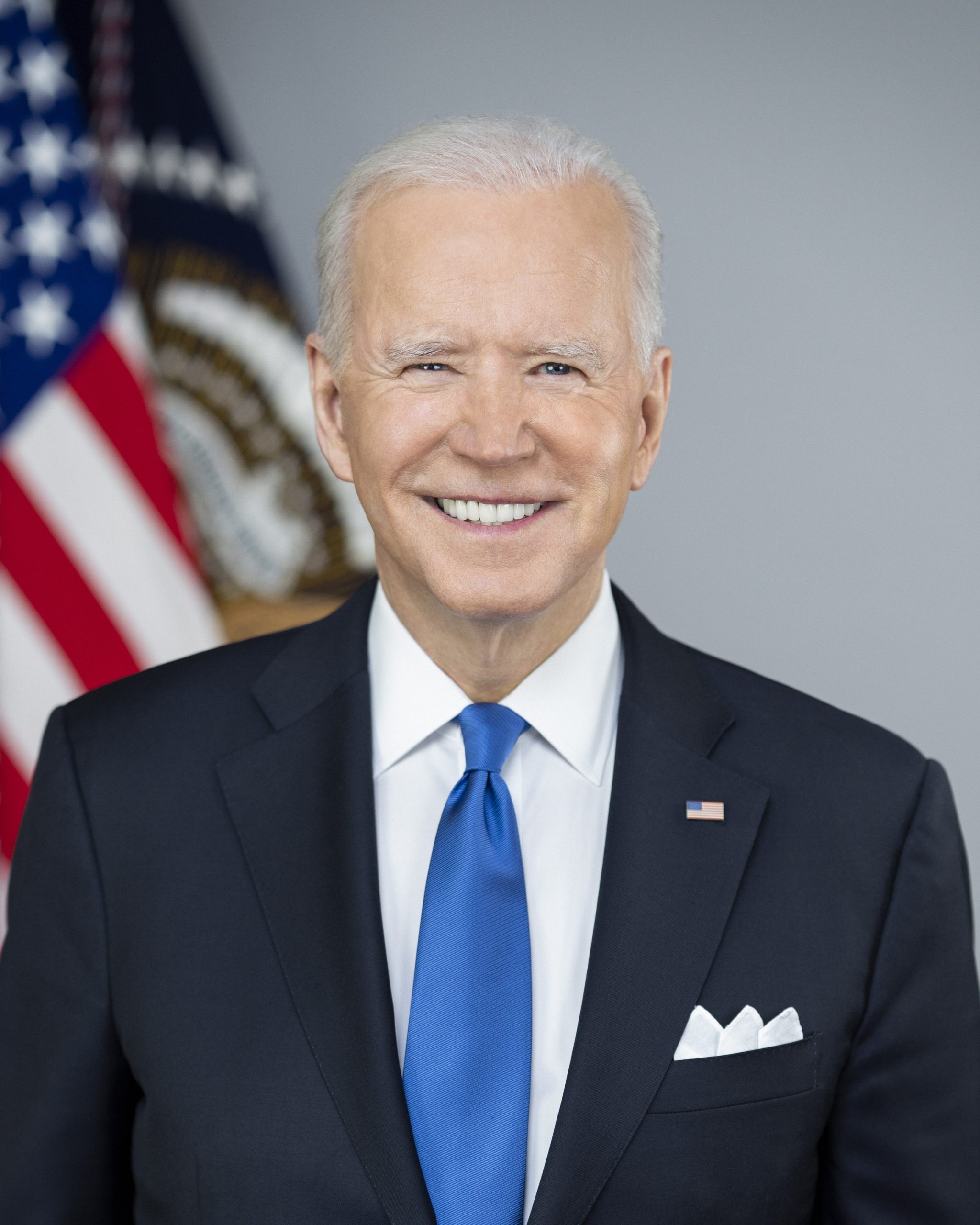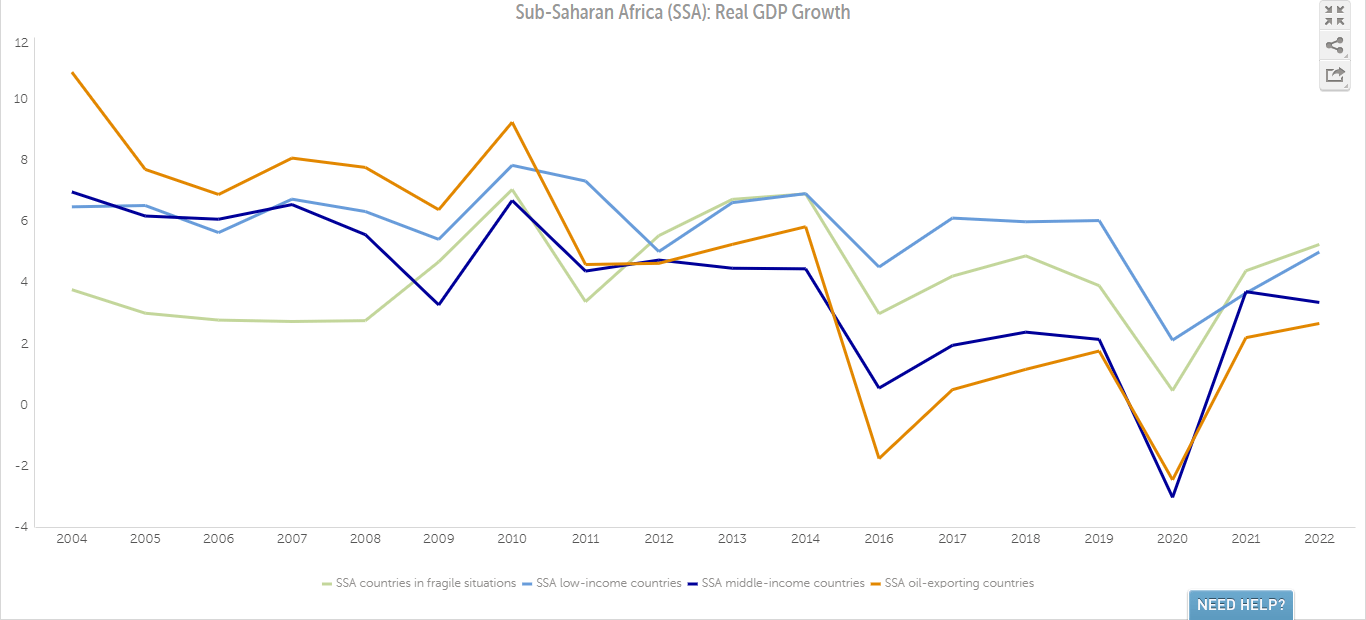Exchange of information with foreign tax authorities
Share

Tax laws usually contain provisions prohibiting tax authorities from disclosing information about the affairs of taxpayers to third parties except in special circumstances as provided under the law. This prohibition applies also to the tax authority of a country from giving tax information of a taxpayer to the tax authority of another country. However, such is not the case if the two countries have concluded a tax treaty commonly referred to as the convention for the avoidance of double taxation (DTA). Most tax treaties contain a provision under which the tax authority of one country can request the tax authority of the other country to supply tax information on a taxpayer. Article 26 of the OECD Model Tax Convention provides the most widely accepted basis for bilateral exchange of tax information. The purpose is to counter tax evasion and avoidance.
The OECD commentary, which provides guidance on the interpretation of the articles of the model tax convention, requires for information to be exchanged to the widest possible extent but disallows fishing expeditions or request for information not relevant to the tax affairs of a taxpayer. The manner of the exchange is normally decided mutually by the tax authorities concerned. The commentary further requires that the information exchanged must be kept secret by the receiving tax authority on a basis consistent with its domestic laws. The information may only be revealed to persons and authorities who need to know them for tax assessment, collection and enforcement for the taxes covered by the treaty. There is no obligation to supply any information which would reveal a trade or professional secret or any information contrary to public policy.
To combat harmful tax practice, especially with jurisdictions commonly referred to as tax havens, the OECD has designed Tax Information Exchange Agreements (TIEAs) for cases where DTA is considered inappropriate due to the fact that the other country has different taxation base or no tax at all or where the DTA does not provide for efficient exchange of information. A TIEA is a bilateral agreement negotiated between two countries to establish an official system for the exchange of information relating to taxes. TIEAs set forth specific guidelines and criteria by which the requesting party must comply. Most TIEA is based on an OECD Model Agreement.
Some international tax professionals think that there are still ways that confidentiality can be protected because of the hoop tax authorities need to go through to extract specific information. Identifying the taxpayer due to the complex nature of trusts is one example. It is exceptionally difficult to link bank accounts operated by a company, which in turn is controlled by a trust with a particular taxpayer in another jurisdiction who may or may not be the settlor and/ or beneficiary of that arrangement. What if the tax authority of one country accidentally exchange information not requested by the other tax authority on a taxpayer?
Access to DTAs is meant for residents of the contracting states of a treaty. The term “resident” of a contracting state means any person who, under the laws of that state, is liable to tax therein by reason of his domicile, residence or place of management or any other criterion of a similar nature. Consequently, the article of the DTA covering the exchange of information is applicable to residents of the contracting states of the treaty.
Although a company holding a GBC 2 license under the Financial Services Act is incorporated in Mauritius, in terms of section 73A of the Income Tax Act (ITA), it is not resident for tax purposes. It transpires that since a GBC 2 is not tax resident, it cannot have access to DTAs and therefore cannot be subject to the exchange of information article of a DTA.
Section 76 of the ITA provides for an arrangement with a foreign country in relation to foreign tax and income tax for exchange of information of any person not resident in Mauritius. The GBC 2 is tax exempt in Mauritius and possesses therefore no income tax information to exchange.
Treaty provisions are universally accepted to override domestic tax laws. The question is asked as to whether the MRA can gather information on a GBC 2 to provide them to a requesting party under a DTA. I am of the opinion that this is not plausible. This pertinent issue has been covered in the newly negotiated treaty with the Federal Republic of Germany.
The new DTA between the Federal Republic of Germany and Mauritius contains a protocol clause with reference to the DTA article on “Resident” and “Exchange of Information”. The clause requires the MRA to provide information under the exchange of information article of the DTA regarding persons whether or not they are liable to general Mauritius tax, especially Global Business Companies Category 2 (GBC 2).

















